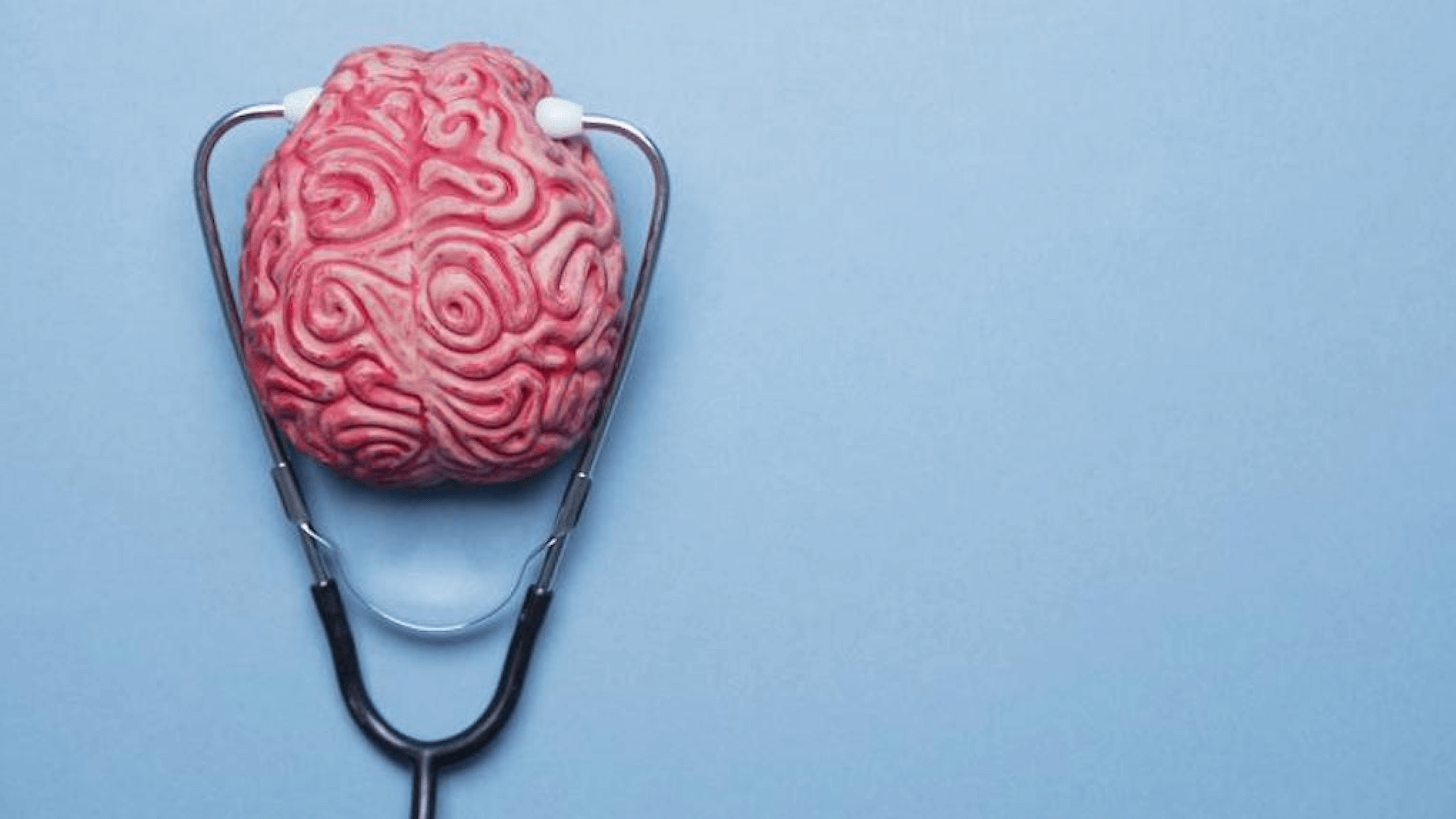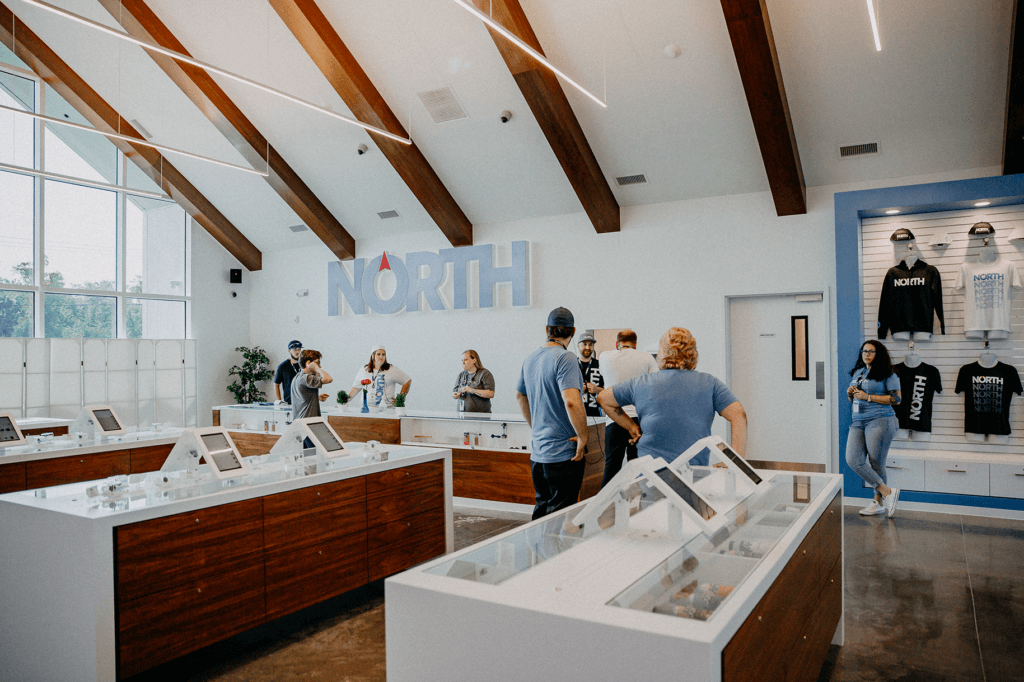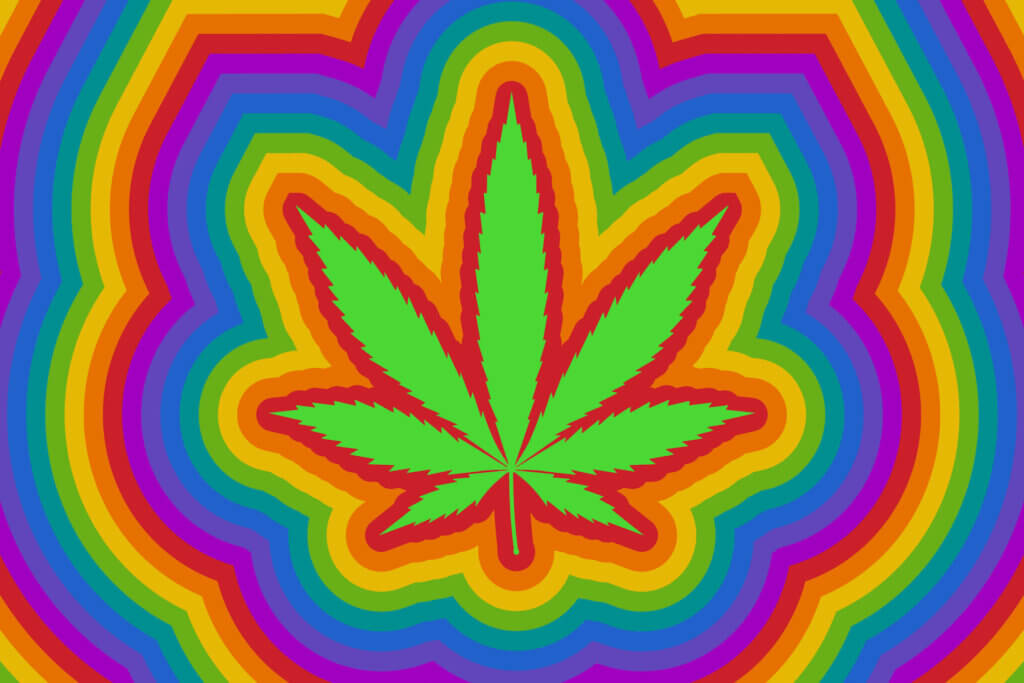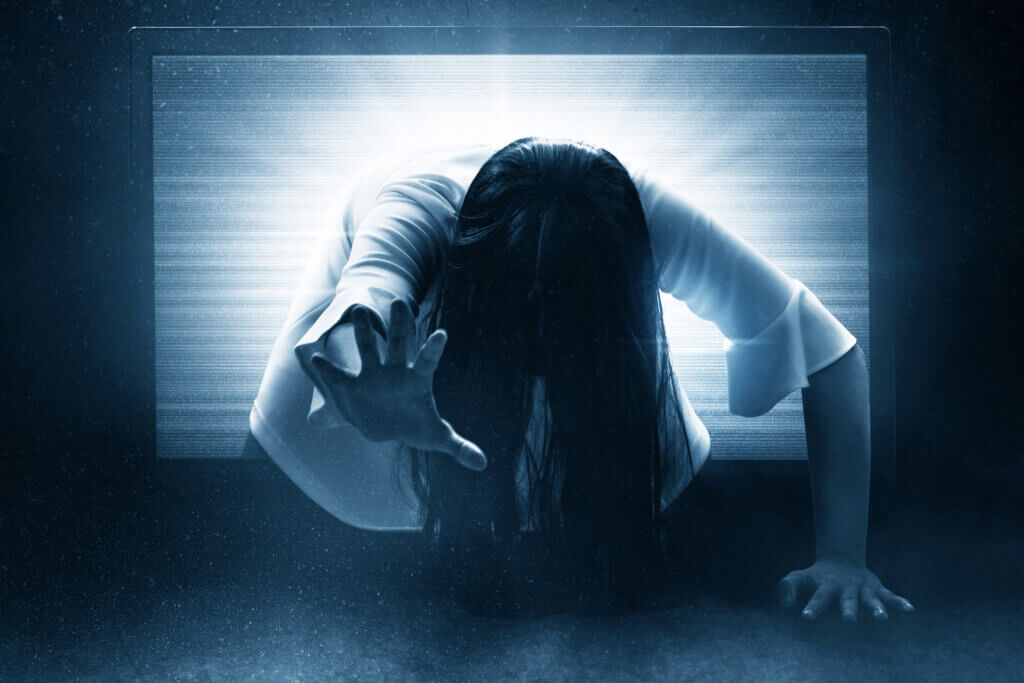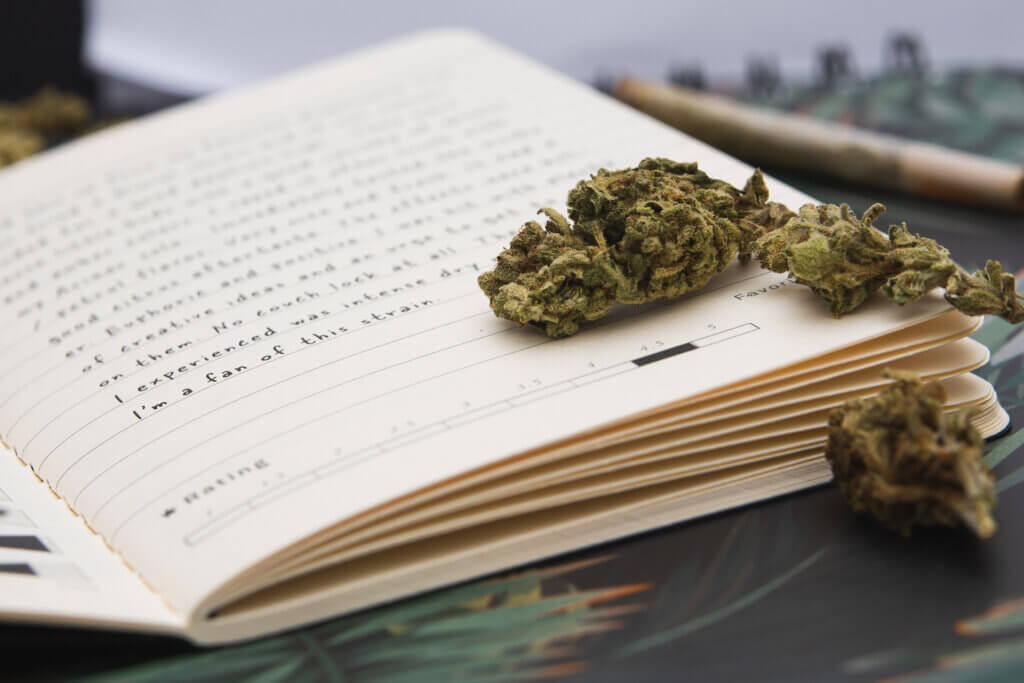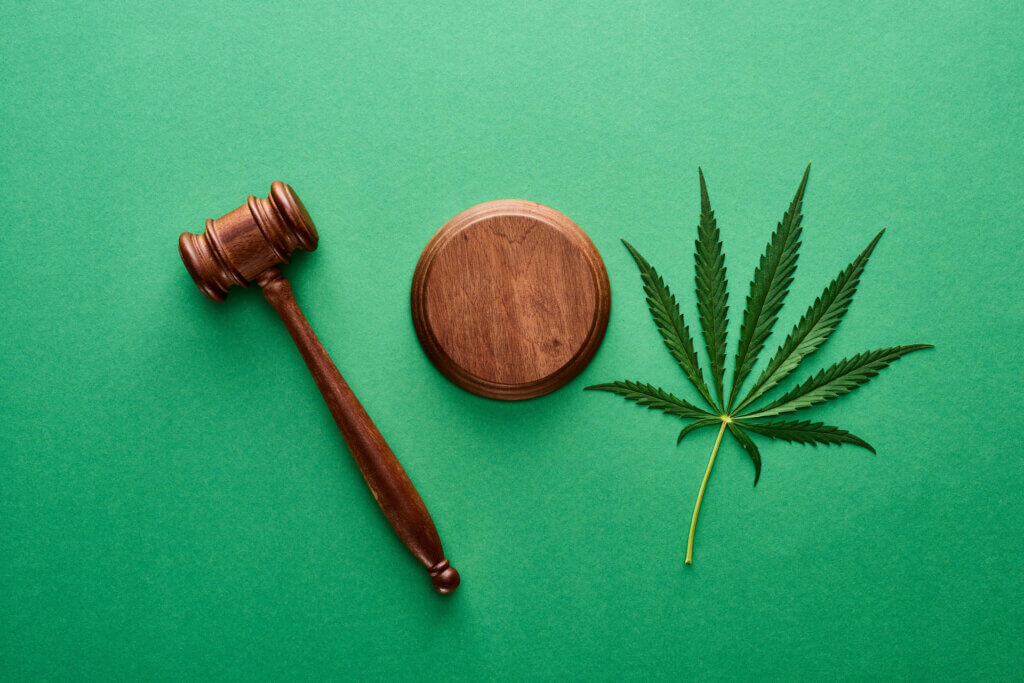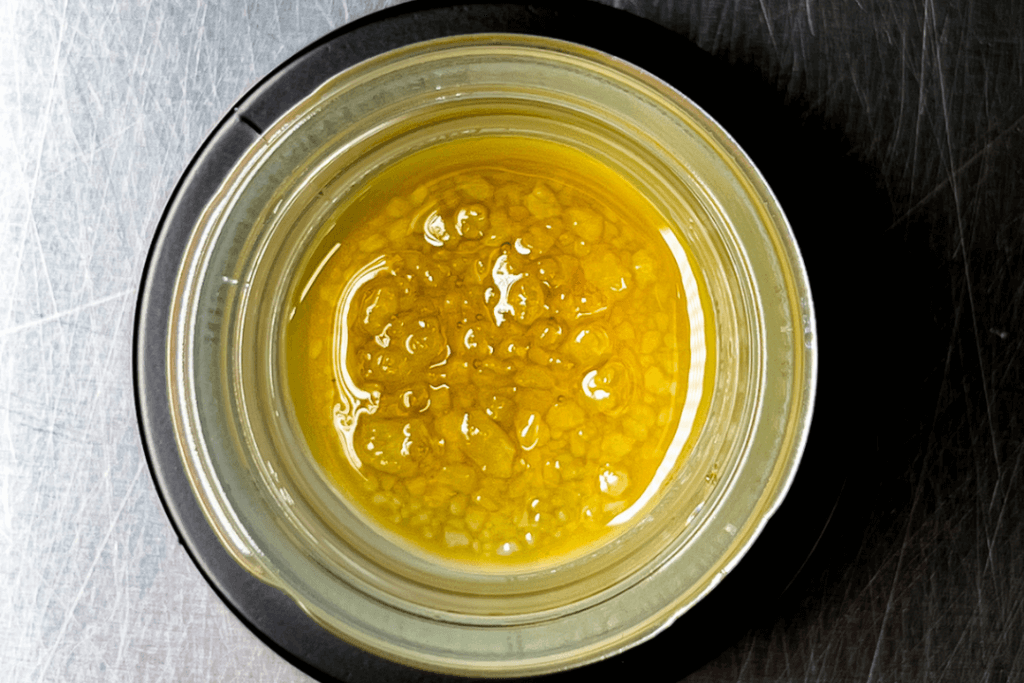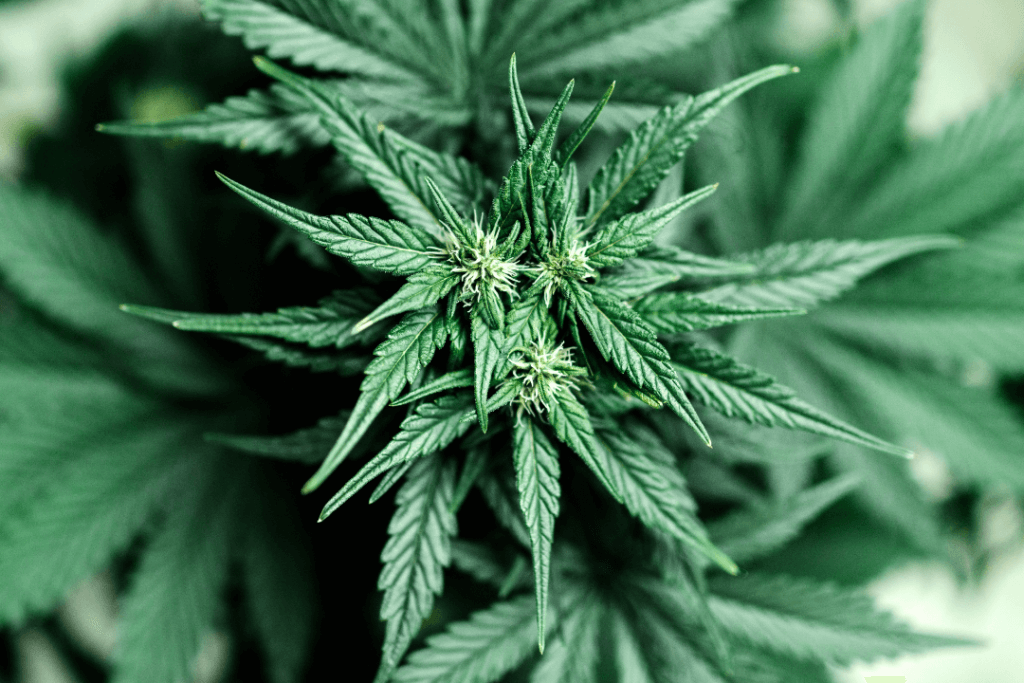Mental health conditions affect peoples’ thoughts, behaviors, and feelings throughout the U.S. on a daily basis. In fact, one in five adults in our country experiences them each year. One resource in particular that people can utilize for relief is medicinal cannabis. This is especially important to know during the pandemic. One study recently showed that participants “with mental health conditions reported increased medicinal cannabis use by 91% since COVID-19 was declared a pandemic.” So what role does cannabis play when it comes to mental health? Here are a few examples relating to anxiety, PTSD, OCD, and depression:
Calming Anxiety
Anxiety is that nervous feeling you get when dealing with stress and it is completely normal. Persistent anxiety, however, may be the result of a disorder. Research currently shows that while cannabis does not cure people who suffer from anxiety long term, it can help them to calm down in the short term. This depends on a couple of factors including the type of cannabis being used and the dosage. Since THC is a psychoactive compound, a high dose of it could actually worsen your symptoms. A high dose of CBD, on the other hand, can be very relaxing. This is because the endocannabinoid system in our bodies process THC and CBD differently.
Recovering from PTSD
Post-traumatic stress disorder (PTSD) is a condition that stems from a horrible event in life, causing nightmares, panic attacks, and fear in general. Those with PTSD can look to cannabis as a way to help them sleep better, remove pain, and calm their anxiety like we mentioned previously. Another recent study completed by Washington State University states that “people suffering from post-traumatic distress disorder report that cannabis reduces the severity of their symptoms by more than half, at least in the short term.” Even short-term results are helpful when it comes to recovery.
Coping with OCD
OCD, or obsessive-compulsive disorder, “causes repeated unwanted thoughts or sensations (obsessions) or the urge to do something over and over again (compulsions).” We already know that the endocannabinoid system affects our anxiety, but it also plays a role in repetitive behaviors. Since cannabinoids like THC and CBD bind with CB1 and CB2 receptors, the obsessions and compulsions in this part of the brain can be reduced.
Handling Depression
If you are suffering from depression then you might notice negative moods, a decrease in your typical energy levels, or even suicidal thoughts. This condition affects one in 15 adults and can happen at any point in your life. Luckily, cannabis can help alleviate these feelings. In 2018, a study in the Journal of Affective Disorders showed that “medical cannabis users perceived a 50% reduction in depression.” It actually only took “two puffs” to decrease depression in this case. Even “baseline symptoms of depression (but not anxiety or stress) appeared to be exacerbated across time.” This proves that cannabis may be right for you if you are experiencing depression.
Research Continues to Gain Traction
While there is still a lot to learn about cannabis’s impact on mental health conditions, research is continuing to discover the important do’s and do not’s of treatment methods. A find like how particular dosages of each cannabinoid can result in completely different effects is a huge step in the right direction. For now, the best advice we can give is to speak to your doctor about medicinal cannabis as you may be eligible to apply for a Missouri medical marijuana card.
North Dispensaries wants to help patients live their best lives through relief that medical marijuana offers. We’re still in the process of opening but for now, check out our website for helpful videos and other informative blog posts. We’re beyond excited to fill your prescription one day soon!

